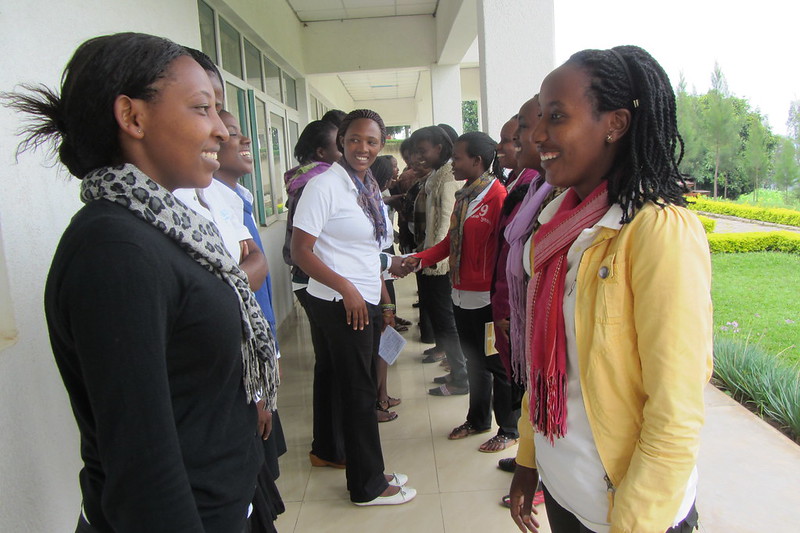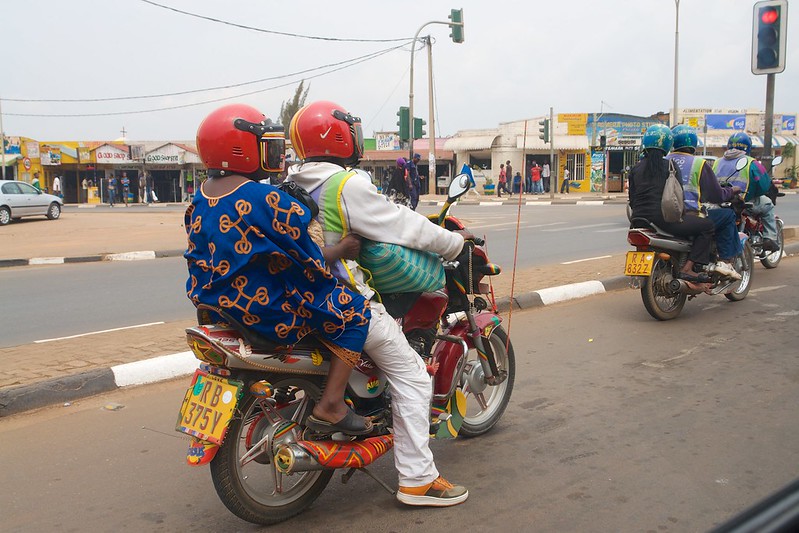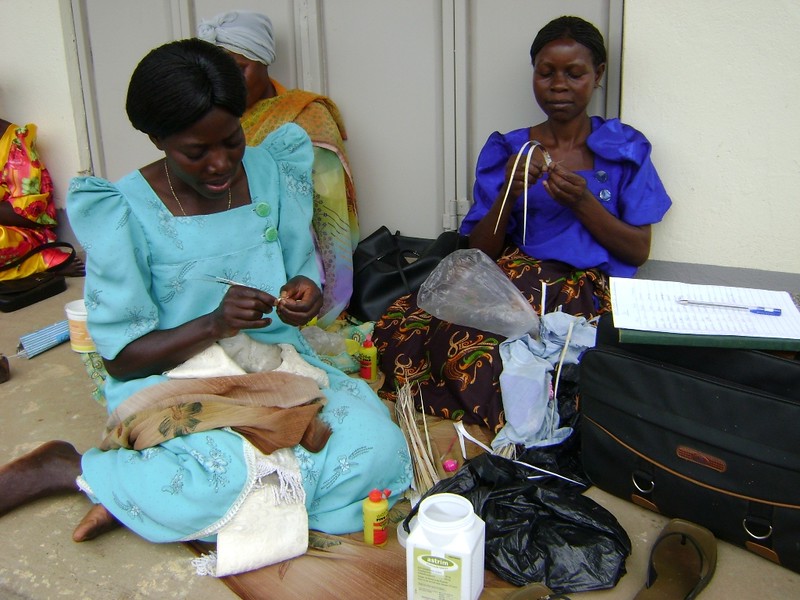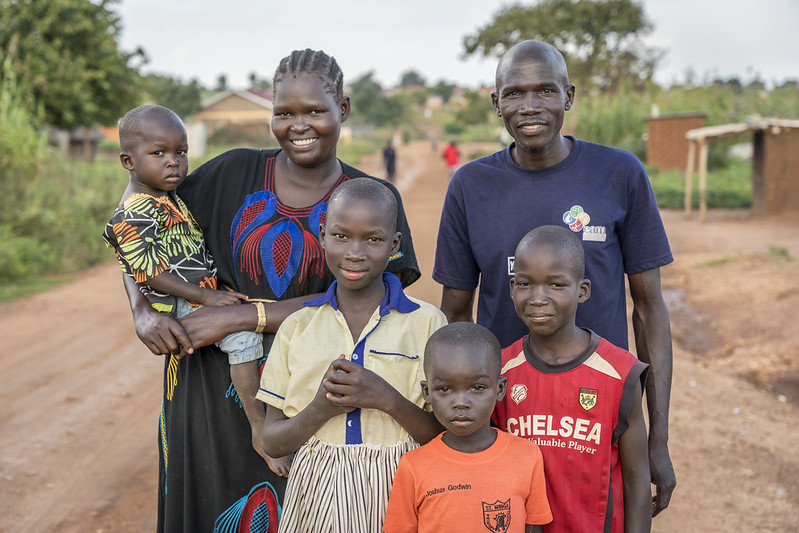
Senegal aims to become an emerging economy by 2035, but to achieve this goal, it must tackle a persistent challenge in its labor market: the gender wage gap. Despite economic progress, the country still has one of the highest disparities in pay between men and women. Closing the gender wage gap in Senegal is essential not only for social equity but also for fostering sustainable growth and unlocking the full potential of its workforce.
Persistent Wage Disparities
Progress has occurred in closing the gender wage gap in Senegal, but inequalities remain in several key sectors. Women continue to earn significantly less than men, despite efforts to promote fair pay. In fact, according to the work of Franck Viroleau in The Evolution of Gender Wage Inequality in Senegal Following the Economic Partners, “the ratio of female to male wages is estimated to be between 0.50 and 0.70 for tasks requiring similar skills.” The gap is particularly evident in sectors such as agriculture and manufacturing, where women are overrepresented in lower-paying jobs. In contrast, industries like finance and telecommunications have shown signs of improvement, with more women accessing leadership positions.
The persistent disparity not only hinders women’s economic independence but also worsens poverty on a larger scale. When women earn less, families struggle to meet basic expenses, pushing them further into financial insecurity. Additionally, lower wages in industries like the agricultural sector mean reduced savings and limited access to credit, making it harder for women to invest in entrepreneurial activities or break the cycle of poverty.
Sectoral Differences in Pay Gaps
The gender wage gap in Senegal varies by industry with agriculture, manufacturing and the informal sector showing the widest disparities. Women in these fields often earn significantly less than men due to lower wages, informal employment and limited career growth. In contrast, sectors like finance and telecommunications have made progress in reducing pay gaps, partly due to policies promoting wage equality. However, women remain underrepresented in leadership roles, highlighting the need for continued efforts toward fair pay.
Root Causes of Wage Inequality
As mentioned earlier, the gender wage gap in Senegal varies across sectors, but the root causes of these inequalities are complex. First and foremost, the social and economic system tends to favor men, with cultural norms and gender stereotypes shaping opportunities and responsibilities. Women are often expected to prioritize domestic roles, limiting their access to higher-paying jobs and career advancement. Additionally, women are more likely to work in informal sectors or low-paying jobs, while men dominate formal, higher-paying positions. These systemic barriers contribute significantly to the wage gap.
Ongoing Challenges and Future Outlook
Nevertheless, there is some good news regarding the gender wage gap, thanks to Plan Senegal Emergent. This ambitious initiative aims to drive Senegal’s emergence through a series of key actions set to take place between 2024 and 2025. One of its priorities is addressing the persistent wage disparity between men and women, recognizing that greater gender equality in the workforce is essential for sustainable economic growth. Indeed, increasing women’s participation in the country’s economic life is one of its core objectives. To achieve this, the plan includes measures to facilitate women’s access to production resources and financial capital, ensuring they have the necessary support to thrive as entrepreneurs and professionals. Additionally, it seeks to strengthen their technical and managerial skills, equipping them with the expertise required for full and active participation in economic activities across various sectors.
Looking Ahead
Closing the gender wage gap is essential for reducing poverty, fostering economic growth, and ensuring social equity. By promoting fair pay and equal opportunities, Senegal can unlock its full workforce potential and move closer to its 2035 development goals.
– Eléonore Bonnaterre
Eléonore is based in the London, UK and focuses on Business and New Markets for The Borgen Project.
Photo: Flickr
 According to the European Institute for Gender Equality,
According to the European Institute for Gender Equality,  Access to financial resources remains a major challenge for women in Kenya, limiting economic growth and business expansion opportunities. The gap in financial exclusion between men and women in Kenya has narrowed over the years. In 2024, financial exclusion was higher in women at
Access to financial resources remains a major challenge for women in Kenya, limiting economic growth and business expansion opportunities. The gap in financial exclusion between men and women in Kenya has narrowed over the years. In 2024, financial exclusion was higher in women at 




 Street Business School (SBS) is a social enterprise that strives to provide
Street Business School (SBS) is a social enterprise that strives to provide  endPoverty is a charity that strives to alleviate poverty through
endPoverty is a charity that strives to alleviate poverty through 